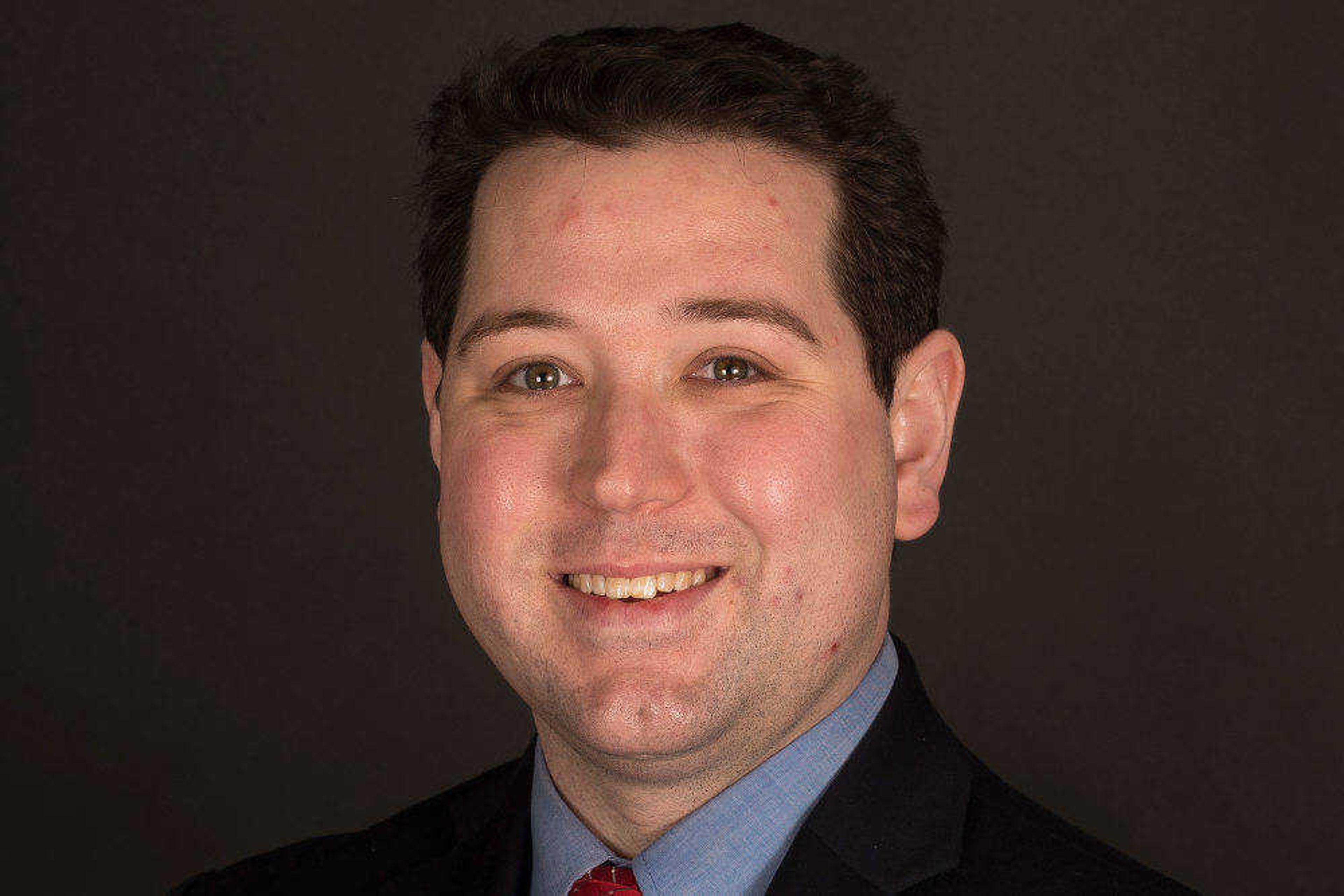Sen. Hawley issues clarion call for judicial originalism
If you believe in judicial originalism, the idea that our Constitution should be interpreted as written and not at the whim of a judicial activist, Sen. Josh Hawley is your hero these days. Missouri's junior senator made two significant speeches in recent weeks following big Supreme Court cases. These also come ahead of the 2020 presidential election, one, like the 2016 election, in which judicial appointments will be a prominent issue...
If you believe in judicial originalism, the idea that our Constitution should be interpreted as written and not at the whim of a judicial activist, Sen. Josh Hawley is your hero these days.
Missouri's junior senator made two significant speeches in recent weeks following big Supreme Court cases. These also come ahead of the 2020 presidential election, one, like the 2016 election, in which judicial appointments will be a prominent issue.
Hawley, elected in 2018, has yet to vote on a Supreme Court nominee. Justices Neil Gorsuch and Brett Kavanaugh were confirmed before he took office. But he is clearly dismayed with recent high court decisions compounded by the fact 11 of the last 15 Supreme Court justices have been appointed by Republican presidents and yet "judicial imperialism" remains.
Hawley is justified in his indignation. Look at the major cases to come before the Supreme Court. The liberal justices vote in lockstep, but the so-called conservative justices are hit and miss.
Vice President Mike Pence, in a recent interview with Christian Broadcasting Network, called Chief Justice John Roberts a "disappointment to conservatives."
Hawley clerked for Roberts, and while he's careful to not throw his old boss under the bus, he has strong words for what he thinks the court has become.
"I've learned to never try and predict the Supreme Court," Hawley told me in a recent interview. "So in a sense, nothing that they do surprises me. But more broadly, I will certainly say, if not surprised, certainly I'm disappointed with the decisions that the court has reached in recent years. And I think this term, I'm disappointed to see what I consider to be this ongoing judicial imperialism."
This is a phrase Hawley uses with regularity as he points to wrongheaded decisions on religious liberty, health and safety regulations related to abortion and basic statutory interpretations.
Following the Bostock case where the court extended LGBTQ rights via the 1964 Civil Rights Act, Hawley said on the Senate floor: "Make no mistake: this decision, this piece of legislation, will have effects that range from employment law to sports to churches. There's only one problem with this piece of legislation: it was issued by a court, not by a legislature."
It's become a trend in D.C. Congress abdicates its legislative responsibility to un-elected bureaucrats in government agencies, the executive branch and judges with lifetime appointments.
Hawley says this "judicial imperialism" by the Supreme Court has to stop. Private assurances can no longer be the standard.
"We start by asking whether or not they understand if Roe was wrongly decided," Hawley told me, referring to the 1973 abortion case of Roe vs. Wade.
How a nominee looks at this case, which Hawley says is not grounded in any "provision of the Constitution or any particular provision of constitutional law," gives those charged with confirming judicial nominees an idea of the nominee's constitutional worldview.
"When it comes to Supreme Court nominees, I think we need to be clear that if you can't understand that Roe was wrongly decided, then you probably shouldn't serve on the United States Supreme Court," he said.
Some have argued that Hawley's litmus test won't help in determining how a nominee would act as a justice.
Posed this opinion, Hawley says it will if the right questions are asked even before someone is nominated.
"Oh, I think it'll tell you something. I think the fact that judges don't want to comment on it, not just during the confirmation process, because to be honest with you, I don't really believe much of what they say during the confirmation process. This is why I want to see on the record. I want us to record evidence of what a judicial nominee, Supreme Court nominee has said about Roe before he or she is nominated. I think it'll show some courage, first of all, show some guts. Because right now we've got bunches of judicial nominees who go out of their way to say nothing."
Hawley wants to have a more rigorous vetting process, not less as he said some members of the "establishment" would prefer.
"I'm not saying that if the person has recognized that Roe was wrongly decided that I will therefore absolutely vote for him or for her. Not at all. I want to look at the whole of their judicial record. But I do think it really is a major insight, [it] constitutes a major insight into their philosophy," he said.
The senator has spoken with the White House on the subject and they "know loud and clear" his position. He also urges religious conservatives to make their voice heard.
Listening to Hawley's speeches and having interviewed him several times, I wonder if the senator would be more helpful to the conservative movement as a Supreme Court justice himself. He's 40 years old, which would give him potentially four or five decades on the court. Conventional wisdom says that a U.S. senator has a better chance at confirmation -- though in today's environment I don't know that it holds true. He has the education pedigree. And Hawley is an originalist, which religious conservatives would embrace.
But for now, Hawley isn't interested.
"I can tell you right now, Lucas, I have no interest in being on the United States Supreme Court. You can quote me on that."
Who knows? Feelings change. And if President Donald Trump asked the senator to serve on the court, you'd have to believe he would at least consider it. Regardless, it's nice to have a senator on the Judiciary Committee who vocalizes support for constitutional originalism -- something in short supply with the current Supreme Court.
Lucas Presson is assistant publisher of the Southeast Missourian.
Connect with the Southeast Missourian Newsroom:
For corrections to this story or other insights for the editor, click here. To submit a letter to the editor, click here. To learn about the Southeast Missourian’s AI Policy, click here.










